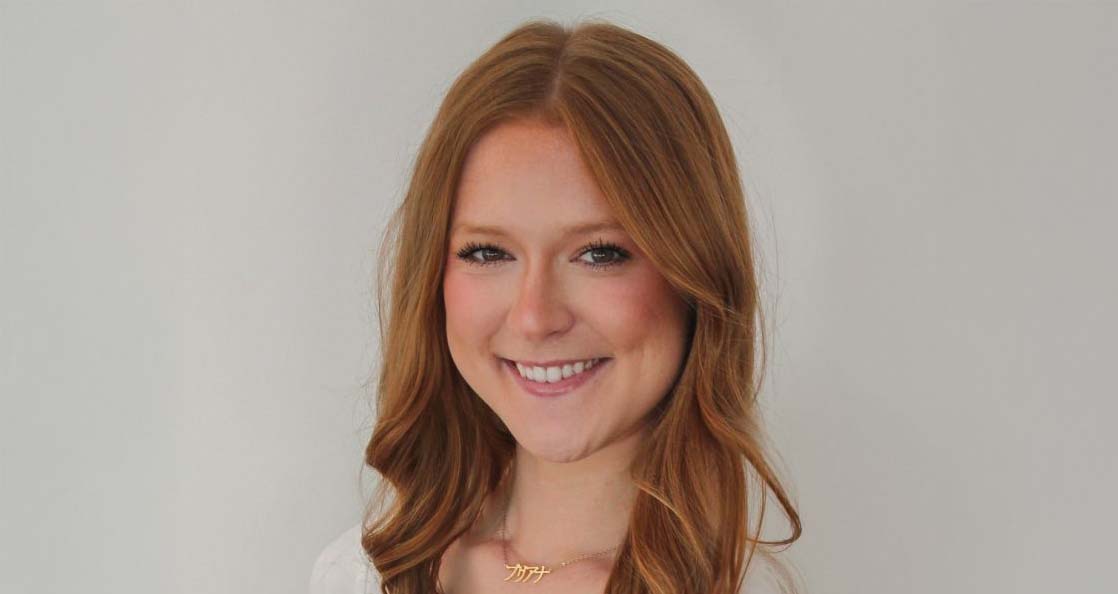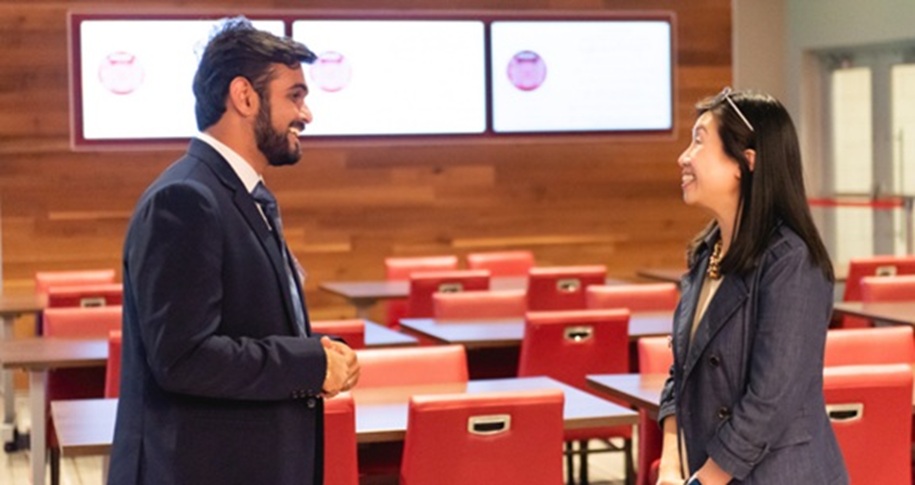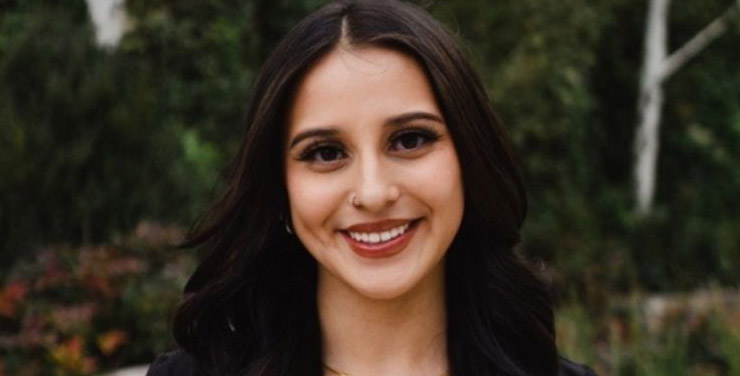
The idea of returning to academia as a ‘non-traditional student’ may be intimidating to some, especially after spending nearly a quarter of a decade in the industry. 2017 E.M.B.A. graduate Bill Fedorchak explains how the experience challenged and benefited him in more ways than he expected.
It’s never too late to learn something new. That was something 2017 graduate Bill Fedorchak believed when he began his E.M.B.A. degree in 2015 as a non-traditional student. Bill already had 24 years of industry experience at J.B. Hunt Transport but returned to get a higher degree so he could progress further up the corporate ladder. Fedorchak fell back into the rhythm of education easier than he expected, saying “I think I’m living proof that you’re never too old to continue learning and to go back.”
He attributes the ease of his transition back to school to the advice of Walton College Dean Matt Waller, who encouraged Fedorchak’s cohort to make the curriculum relevant to themselves. With years of experience, Fedorchak was able to connect what was taught in class to the challenges he encountered in industry. He did so by bringing data and customer opportunities from J.B. Hunt to the classroom and tailoring his numerous course projects to address issues he was facing at work. He took the results back to J.B. Hunt. Fedorchak said this helped to deepen his understanding of what he was learning and to find a balance between school and work.
Bill jokes that he was “on average, twice the age of every other student” in his cohort. Despite differences in ages and backgrounds, he said the group quickly learned to work together in teams. Fedorchak was able to provide others with applicable insight from both his life and work that was unique to him as a non-traditional student. The program’s emphasis on networking and collaboration fostered friendships and business connections that Fedorchak maintains years later. “I met a lot of great people with tremendous skillsets … and made some great friends.”
The program also challenged him in unexpected ways. Fedorchak said the curriculum helped him to expand his capacity to tackle large amounts of work, an important skill he utilizes now that he’s finished the program. “When I started the program, I was not ready for the amount of reading that was required,” Fedorchak said. “I had to be disciplined to make sure I was up to date on my work, and I’ve carried this on with that discipline in my [work] life now.”
Today, Fedorchak is the vice president of sales at J.B. Hunt, where he leads a successful team of 17 sales executives that covers 20 states. Fedorchak views his time in the program as formative and credits the recent achievements in his career to the skills he gained: “I believe it [the E.M.B.A.] helped me get to the position that I’m at today.”





